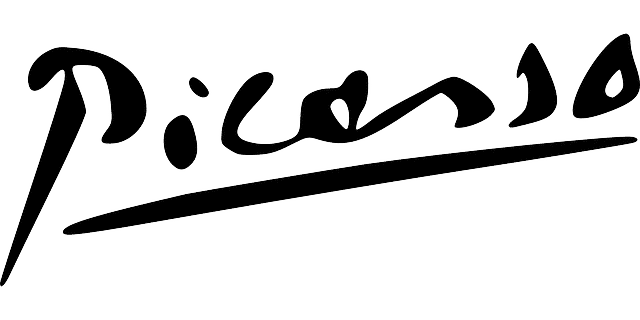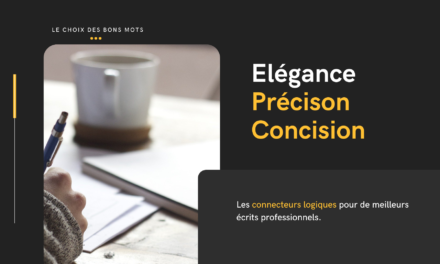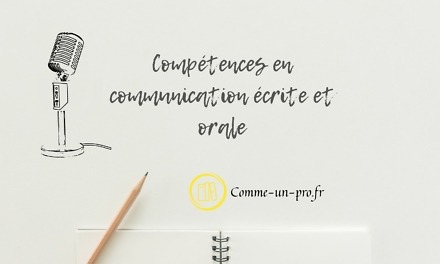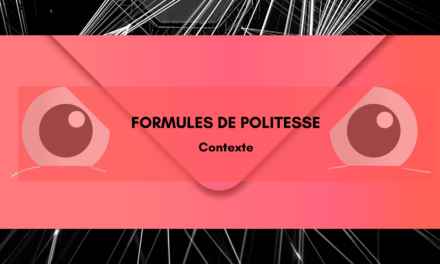There is no point in showing off your mastery of a sustained or ultra-specialized language. The simpler you are, the better. Obviously, it's not about using an inappropriate style. But to adopt explicit sentence constructions and to have only as only objectives: clarity and precision.
1 simplicity
Simplicity can result in the adoption of a clear "subject - verb - complement" syntax. Sometimes the desire to show that one knows complex turns can lead to writing extremely long sentences. This is not recommended, because under these conditions. The reader goes to great lengths not to lose track. Therefore, insist on using short sentences as much as possible. An interesting trick is to express only one idea per sentence.
2 clarity
Expressing only one idea per sentence helps to be clear. Thus, there is no ambiguity as to the nature of the elements contained in the sentence. It will be impossible to confuse the subject and the object or to wonder who does what. It is the same for respecting the configuration of a paragraph. Indeed, the idea must be clearly expressed at the beginning, in the first sentence. The rest of the sentences will supplement this idea. In fact, you don't need to create suspense in professional writing because it isn't a detective story.
3 the rationalization of "who and what"
The misuse of "who - that" in professional writing informs two things. On the one hand, that you write as you speak. On the other hand, that you tend to make your sentences more complex. Indeed, the use of which and that in the oral expression allows to mark pauses before attacking again. If in this sense, it can help to have a fluid communication, in writing it is the opposite result that is obtained.
4 types of words to favor
To keep it simple, prefer the word easy to the complicated word which requires opening a dictionary for many people. The professional world is a practical environment, so there is no time to waste. However, one must take into account the expressions or jargon used on a daily basis and judge their employment opportunity. So, if you are speaking to clients or laymen, you should translate your professional jargon using common sense terms.
On the other hand, you should prefer concrete words to abstract words, the meaning of which can be perverted. If you have synonyms, prefer short words to long words.
5 types of words to avoid
The types of words to avoid are unnecessary and superfluous words. By unnecessary is meant the unnecessary lengthening of an already clear sentence or the use of two synonyms at the same time to say the same thing. You can also lighten the sentences by using the active and not the passive style. This means that you should adopt the "subject verb complement" style and avoid object complements as much as possible.





